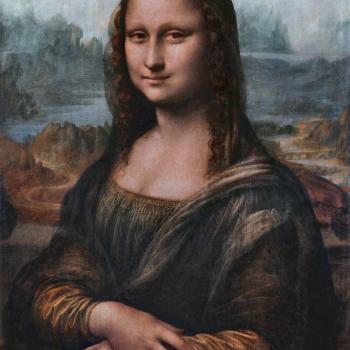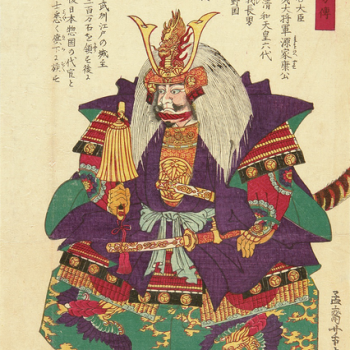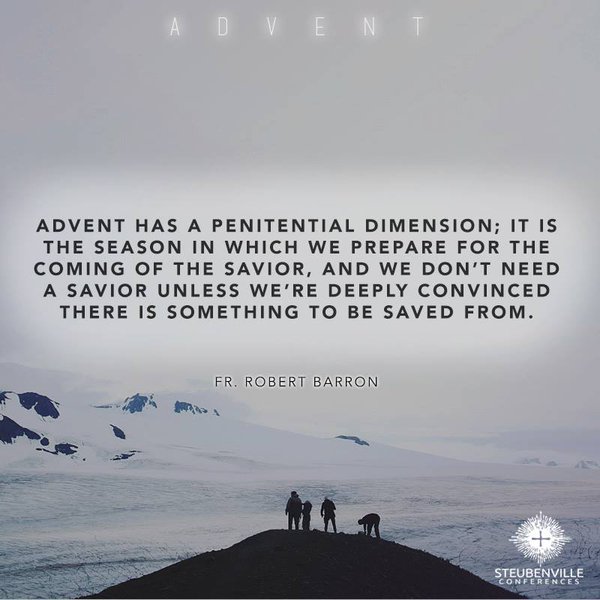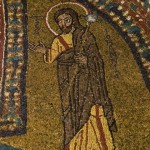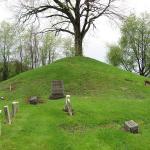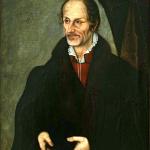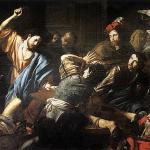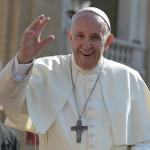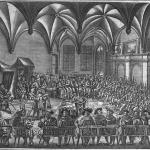In the Gospel Sunday, Jesus meets John the Baptist. Fr. Robert Barron of Word on Fire fame writes about it in the monthly Magnificat magazine this month:
All four of the Gospels compel us to approach Jesus through the figure of John the Baptist. They seem to imply that John provides an indispensable interpretive key to understanding the significance of Christ. We have to remember that John was the son of an Israelite priest and therefore someone intimately aware of the rituals of the Temple. One of those was the mikvah bath, a cleansing ritual that a pious Jew was compelled to pass through before entering the Temple for sacrifice. Out in the desert, John, the son of a priest, was offering a sort of mikvah in his great gesture of baptism. He was freeing people from their sins in order to prepare for the experience of a new temple, a new sacrifice, a new priesthood.
When Jesus of Nazareth approaches the Baptist, John cries out: Behold, the Lamb of God. He wasn’t commenting on Jesus’s pacific temperament; he was using explicitly temple language, announcing Jesus as the one who has come to be sacrificed. By implication, he was saying that Jesus himself, in his own person, is the new temple, which is to say, the meeting-place between divinity and humanity, between heaven and earth.
We notice how fully Jesus lived up to this characterization. In reference to himself he said, Something greater than the Temple is here (Mt 12:6). In his public ministry, he offered the very things that one usually found in the Temple: forgiveness, healing, and instruction. Jesus is the new Holy of Holies, and John is the one who shows us the way in.
Much more here, by the way, from Fr. Barron on John the Baptist, today’s Gospel, and the victory of God. (That one’s audio.)
And if you haven’t signed up for his Advent reflections in your inbox (they’re free), you can still do so here.
A subscription to Magnificat, by the way, might just be a life-changer — and soul-saver — for someone on your Christmas gift list. Day by day, you become more Christian reading it, pondering in your heart the prayers of the Church, the Good News, and prayerful reflections by leading religious writers, leaders, and saints. Magnificat is a daily habit you can’t go wrong with. I’ve been reading it since it came on the scene about 16 years ago now and never want to go a day without it. It’s intentionally and undeniably beautiful. And it helps our souls to be by ordering our lives to praise and worship and draw closer to our Lord, Jesus Christ, with the help of His mother, and ours.
My #homilytweet for today was:
may our lives always point to Jesus. #homilytweet
— Kathryn Jean Lopez (@kathrynlopez) December 8, 2014
Making Magnificat part of one’s life helps us on just this mission.




